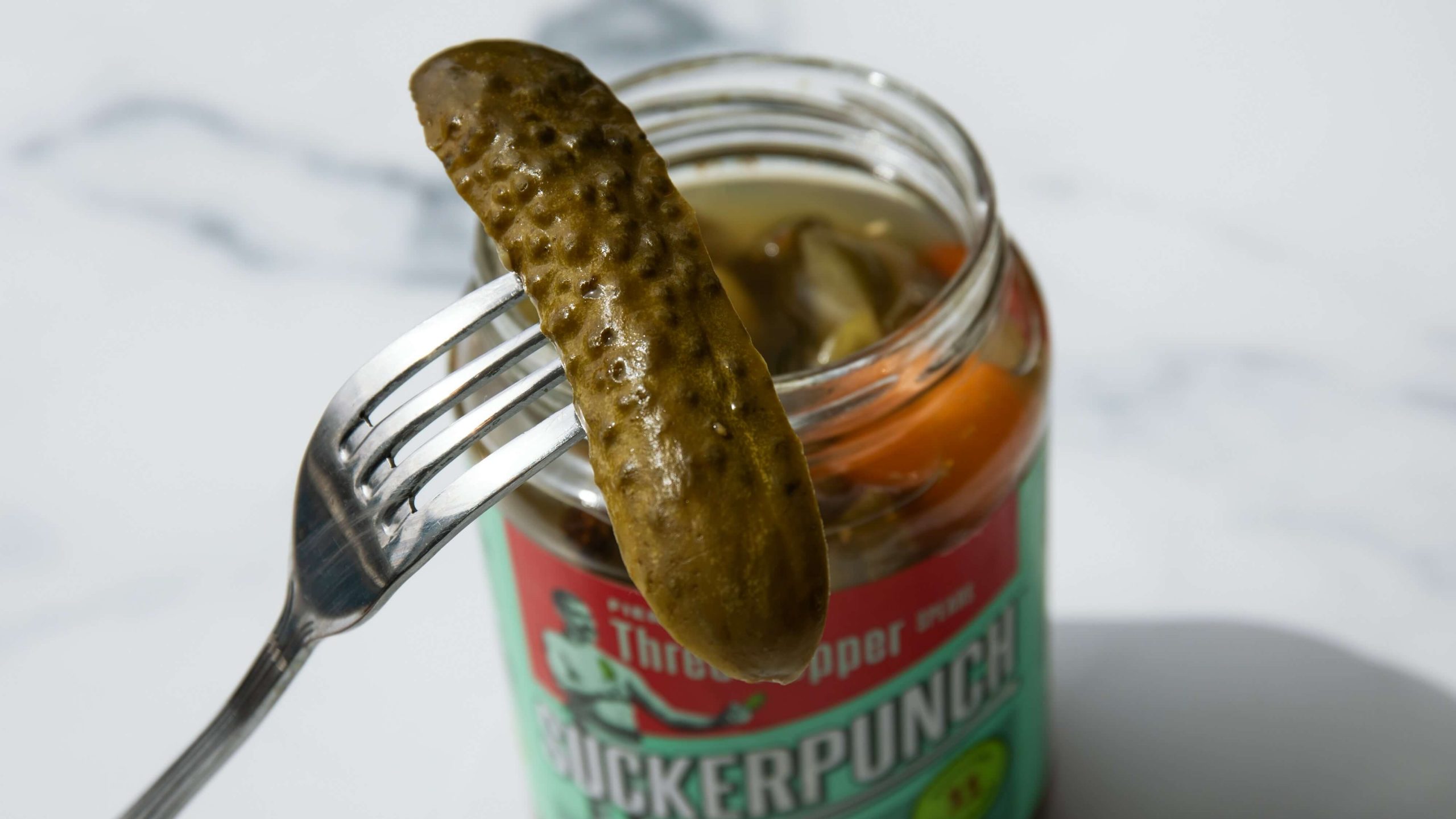
In this comprehensive guide, we delve into the intriguing world of pregnancy cravings. From common food desires to bizarre cravings for non-food items, we explore the reasons behind these urges and aversions. Whether you’re a soon-to-be mom curious about what to expect or simply interested in the fascinating phenomenon of pregnancy cravings, this article is a must-read.
Pregnancy cravings are a well-known aspect of expecting a child. Why do pregnant women experience such strong desires for specific foods? What role do hormones play in these cravings?
During pregnancy, it’s common for women to crave certain types of food or food combinations, sometimes even developing aversions to foods they once enjoyed. These cravings can range from healthy options like fruits and vegetables to more unusual choices like pickles and ice cream.

What are some of the most common cravings reported by pregnant women? How do these cravings align with nutritional needs and dietary recommendations during pregnancy?
Exploring the top pregnancy cravings can provide insight into the types of foods that expecting mothers typically desire. Understanding these popular choices can help women make informed decisions about their dietary intake.
What distinguishes common pregnancy cravings from the downright weird ones? Are there specific triggers that cause these unusual food desires?
While many women crave typical items such as chocolate or salty snacks, some may experience cravings for non-food items like dirt or ice. Understanding the difference between common and strange cravings can provide insight into the body’s needs during pregnancy.
Triggers for Unusual Cravings:
When do pregnancy cravings typically start, and how do they evolve throughout the different stages of pregnancy? What factors contribute to the onset of these intense food desires?
Pregnancy cravings start early on, sometimes appearing in the first trimester. These urges can vary in intensity and type, influenced by factors such as hormonal changes and nutritional needs.
Pregnancy cravings can also be influenced by cultural and psychological factors, as well as individual preferences and previous eating habits. As the pregnancy progresses, cravings may shift in terms of specific foods or flavors, reflecting the changing nutritional requirements of the developing fetus and the mother’s body.
Additionally, stress, fatigue, or emotional factors can also play a role in triggering or intensifying cravings during pregnancy. It’s important for pregnant individuals to listen to their bodies and try to make healthy choices while indulging in moderation to satisfy their cravings.
In addition to cravings, many pregnant women also develop food aversions. What causes these aversions, and how do they impact dietary choices during pregnancy?
Food aversions during pregnancy can be triggered by various factors, including hormonal fluctuations and sensory changes. Understanding these aversions is essential for maintaining a healthy diet throughout pregnancy.
Causes of Food Aversions During Pregnancy:
How can expecting mothers satisfy their cravings while ensuring a balanced and nutritious diet? What are some tips for indulging in pregnancy cravings responsibly?
Maintaining a healthy pregnancy diet is crucial for both the mother and the developing baby. By making mindful food choices and balancing cravings with nutritional needs, women can enjoy their favorite treats while promoting overall well-being.
What do pregnancy cravings reveal about a woman’s emotional and physical state during pregnancy? How can understanding these cravings help support maternal health?
Exploring the psychological aspects of food cravings during pregnancy can shed light on the underlying reasons behind these desires. From comfort eating to nutrient deficiencies, cravings offer valuable insights into the body’s changing needs.
When a pregnant woman experiences cravings, it can indicate her body’s need for specific nutrients or signal emotional fluctuations. Understanding these cravings can assist in tailoring a balanced diet to support both the mother and the baby’s health. Additionally, addressing underlying emotional triggers behind cravings can contribute to maternal well-being and overall health during pregnancy.
The ability to differentiate between genuine nutritional needs and emotional cravings is crucial in ensuring proper care and support for pregnant women. By acknowledging and responding to these cravings appropriately, healthcare providers and support systems can play a significant role in promoting maternal health and well-being throughout the pregnancy journey.
Are there instances where pregnancy cravings may signal a more serious issue? When should women seek professional advice regarding their food desires?
While most pregnancy cravings are harmless, some extreme cravings may indicate nutritional deficiencies or other health concerns. Knowing when to consult a healthcare provider can ensure the well-being of both the mother and the baby.
Professional advice should be taken if they crave non-food substances, such as dirt or chalk, as this may indicate a condition known as pica. Additionally, if cravings lead to unhealthy eating habits that could harm the mother or the baby, it is essential to consult a healthcare provider promptly.
Keeping an open line of communication with a doctor or a nutritionist throughout pregnancy can help address any concerns related to cravings and ensure a healthy pregnancy journey.
How do cravings impact weight gain during pregnancy, and what strategies can women employ to maintain a healthy weight? Is it possible to indulge in cravings without compromising maternal health?
Balancing cravings with healthy eating habits is essential for managing weight gain during pregnancy. By monitoring portion sizes and making smart food choices, women can enjoy their favorite foods while promoting a healthy pregnancy. Remember, you’re not just eating for yourself but also for your baby – it’s all about eating for two to ensure both of you receive the necessary nutrients for a healthy pregnancy.
Cravings can lead to overeating, which may contribute to excessive weight gain during pregnancy. It’s important to be mindful of portion sizes and choose nutritious options whenever possible.
Eating a balanced diet rich in fruits, vegetables, whole grains, lean proteins, and healthy fats can help satisfy cravings while providing essential nutrients for both the mother and the baby.
Incorporating regular physical activity tailored to pregnancy can also support weight management and overall well-being.
By embracing the unique experience of pregnancy cravings and understanding their significance, women can embark on this journey with knowledge and empowerment.
It is the most powerful creation to have life growing inside of you.There is no bigger gift